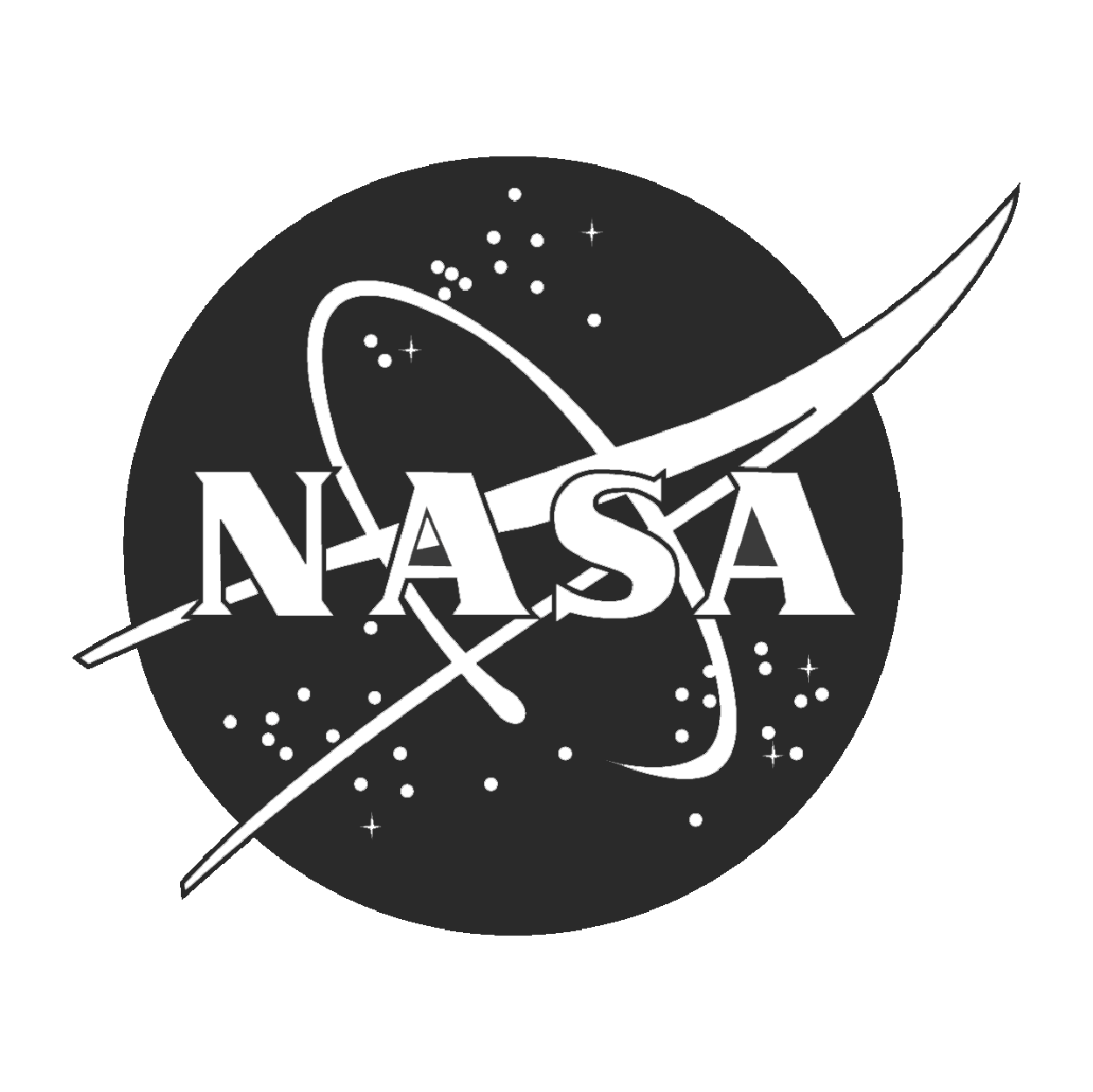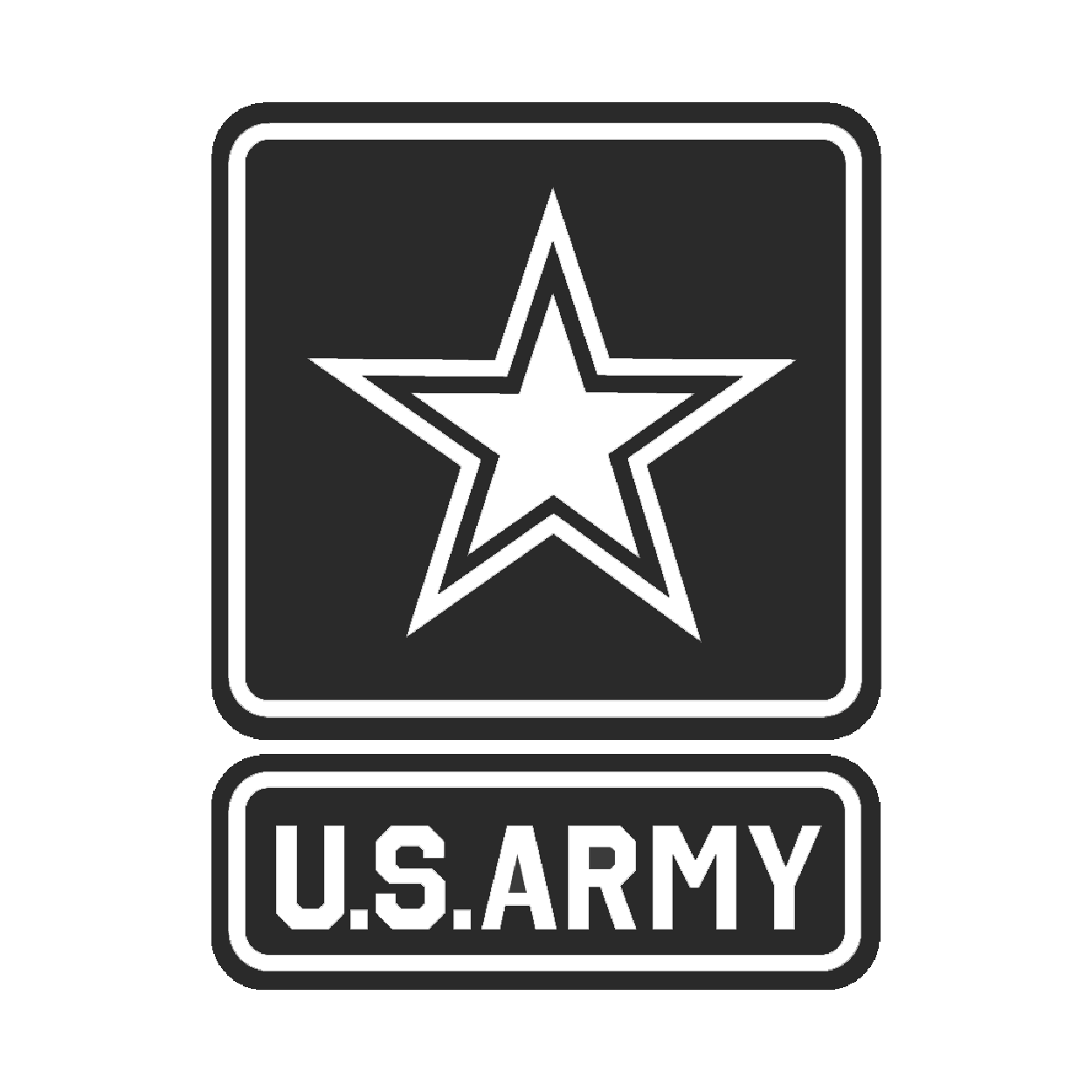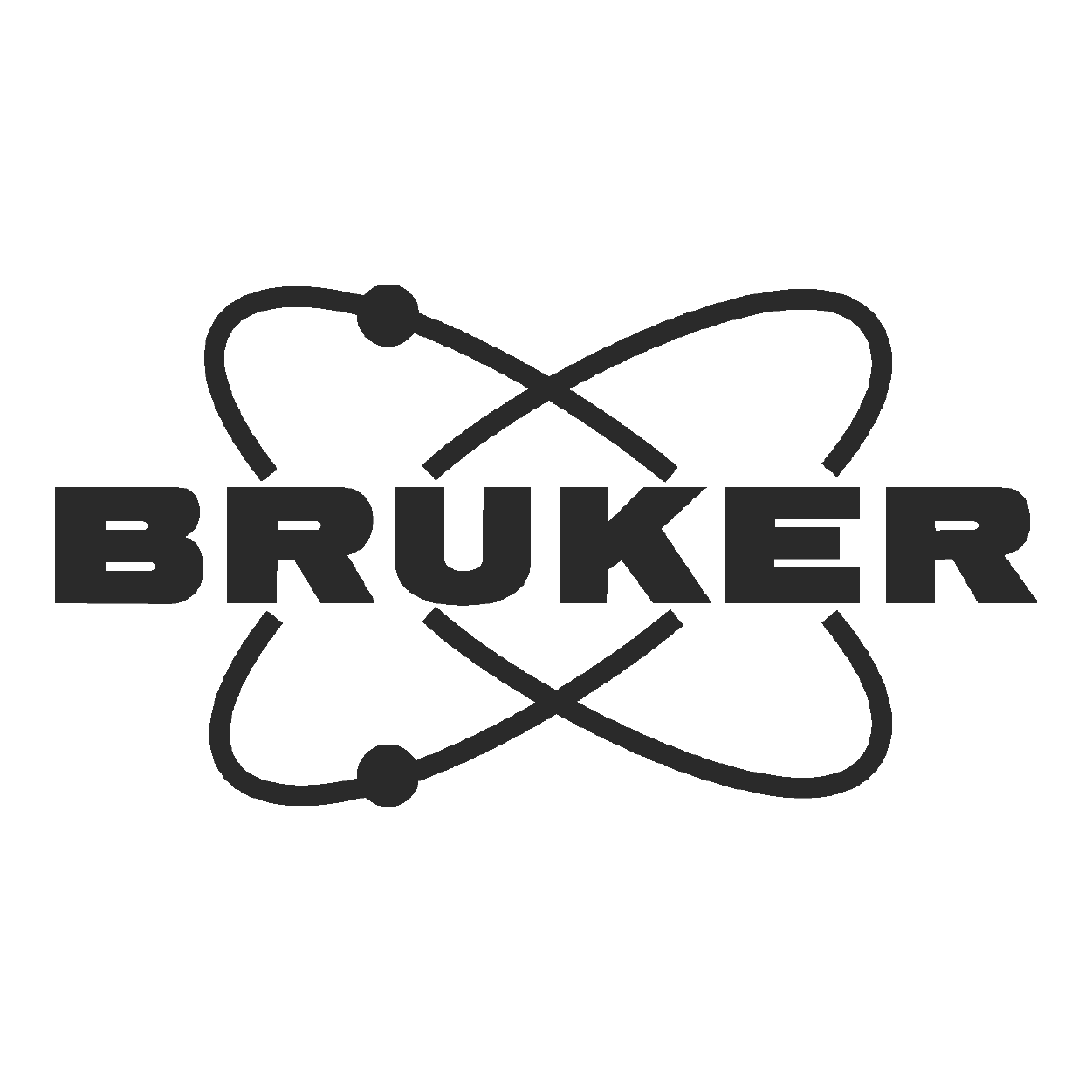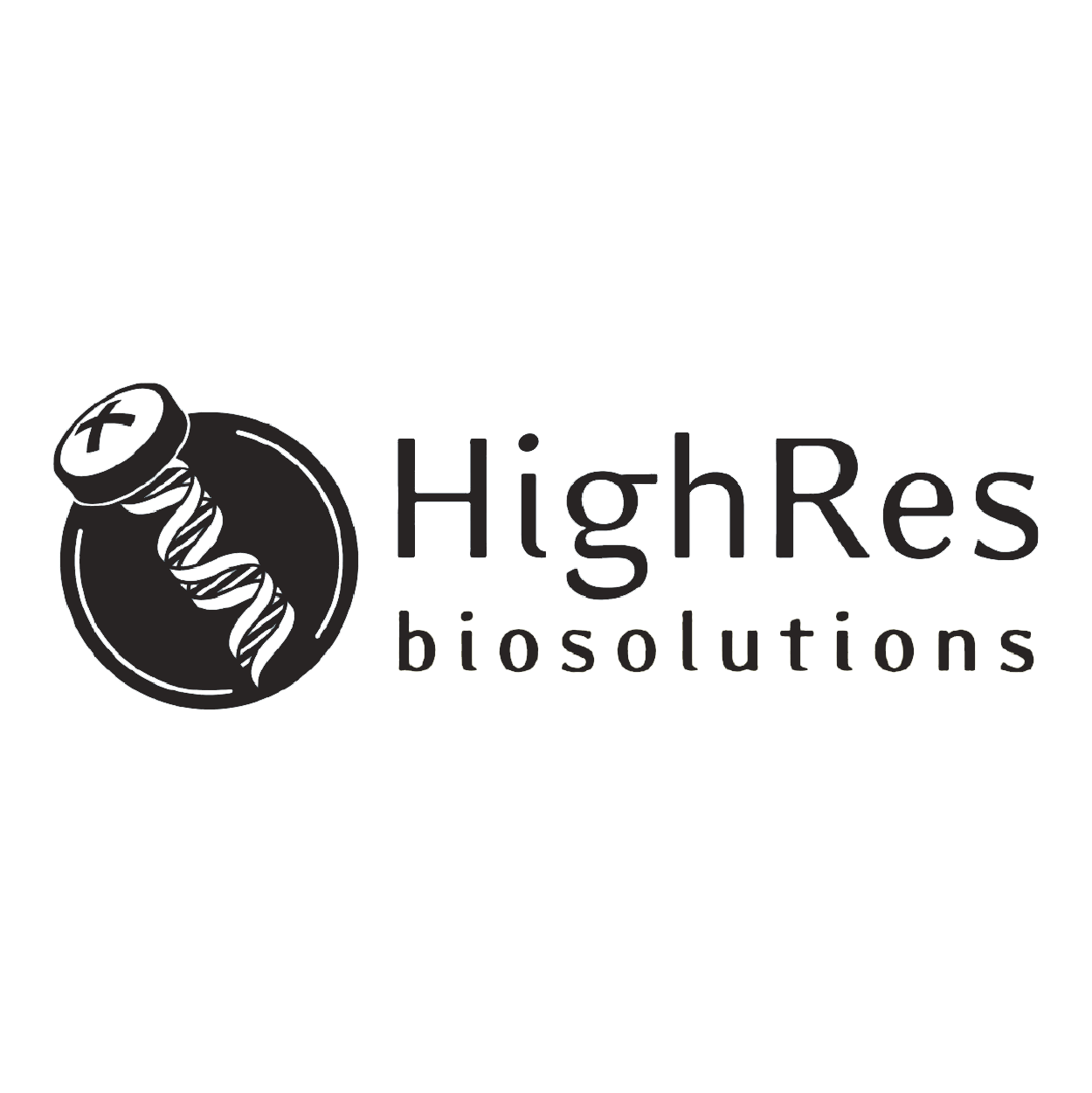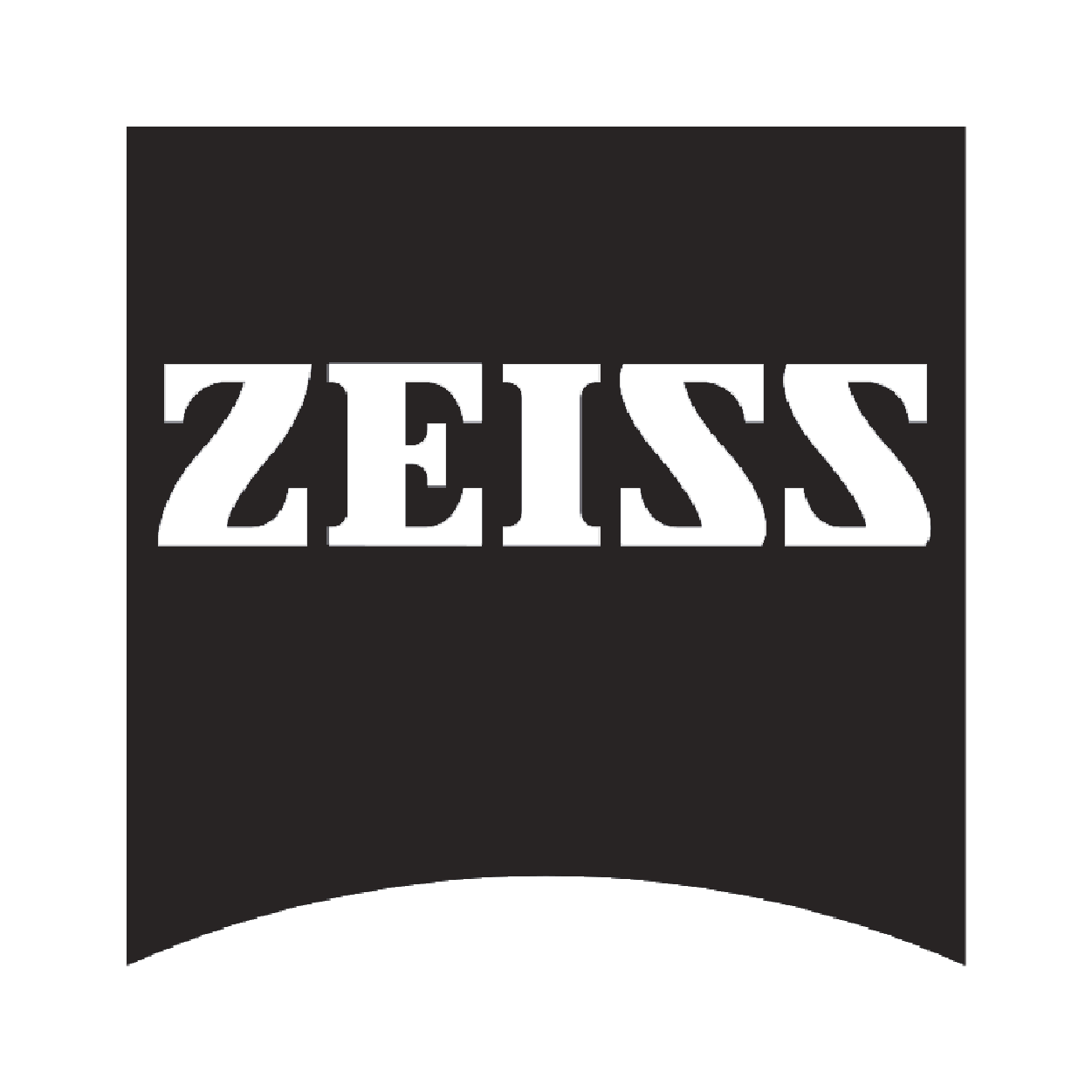Certifications and Registrations
Quality Matters
At our company, we take quality assurance very seriously. Our certifications and registrations are just the tip of the iceberg when it comes to the measures we take to ensure that our products and services meet the highest standards. Our quality control procedures are thorough and rigorous, and we constantly review and refine them to ensure that we are meeting the needs of our customers. We also monitor customer feedback and use it to inform our quality assurance processes, so that we can continue to improve and provide the best possible experience for our clients.
Across our facilities we offer a number of certifications and registrations including:
ISO 9001:2015
AS9100D
CMMC Cybersecurity
SPRS – 110
FDA Registered
DFARS/NIST Compliant
Quality Engineering
CMM Inspection Services
First Article & AQL Inspections
ITAR Compliant
* Please note not all of our facilities have all of these certifications/registrations.
Certifications
ISO9001:2015/AS9100D Certified
What does it mean?
ISO 9001:2015 is an international standard that outlines the requirements for a Quality Management System (QMS). Organizations that follow this standard must demonstrate their ability to consistently provide products and services that meet customer and regulatory requirements. The seven principles of ISO 9001:2015 are customer focus, leadership, engagement of people, process approach, improvement, evidence-based decision-making, and relationship management.
AS9100D is the latest aerospace quality standard, based on ISO 9001:2015. It includes requirements specific to the industry and helps ensure the safety, reliability, and quality of products/services. Organizations use it to meet regulatory/customer needs, covering risk/supply chain management areas. AS9100D is recognized globally and required by many customers/suppliers. It’s a benchmark for improving quality performance, and implementing it can reduce costs, increase productivity, and improve customer satisfaction.
DFARS/NIST compliance is a standard that applies to organizations that handle government data, such as IT providers, manufacturers, and government contractors. The Defense Federal Acquisition Regulation Supplement (DFARS) requires contractors to comply with specific information security requirements. Specifically, DFARS clause 252.204-7012 mandates compliance with NIST (National Institute of Standards and Technology) SP 800-171, which details a set of security controls for protecting Controlled Unclassified Information (CUI) processed or stored on nonfederal systems. A contractor considered DFARS/NIST compliant has met all the security requirements and has implemented the necessary controls to ensure data protection by DFARS and NIST SP 800-171 standards.
ITAR compliance refers to regulations governing the export and transfer of defense articles, defense services, technical data, and other items listed on the United States Munitions List. The U.S. State Department’s Directorate of Defense Trade Controls (DDTC) enforces these regulations designed to protect U.S. national security and foreign policy interests.
To be ITAR compliant, companies must register with the DDTC, have internal compliance programs in place, and ensure that any employees with access to controlled technical data or other items are U.S. citizens or have been granted proper security clearances.

